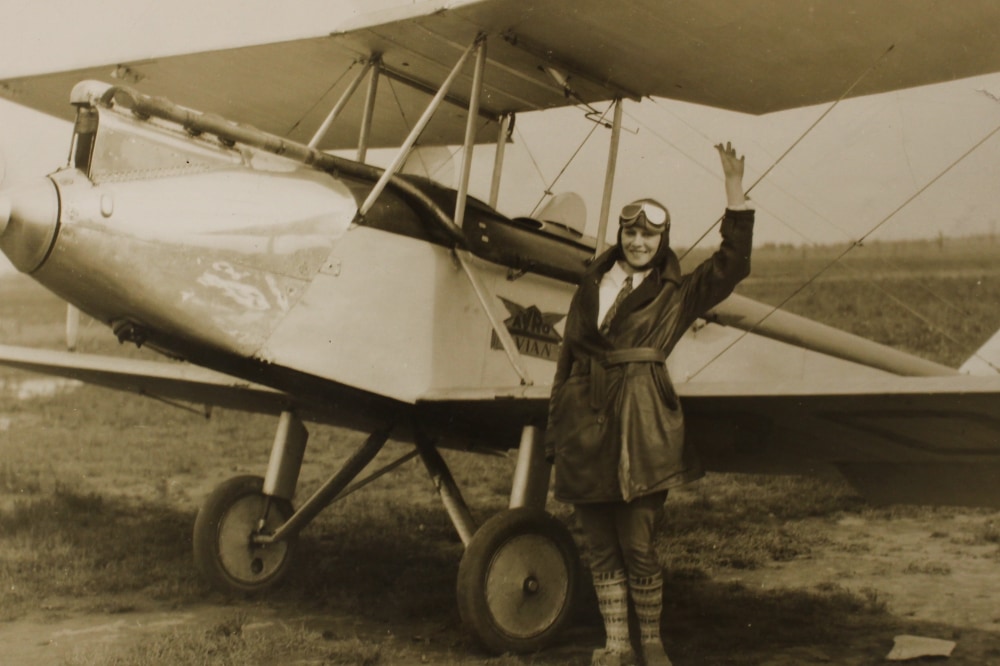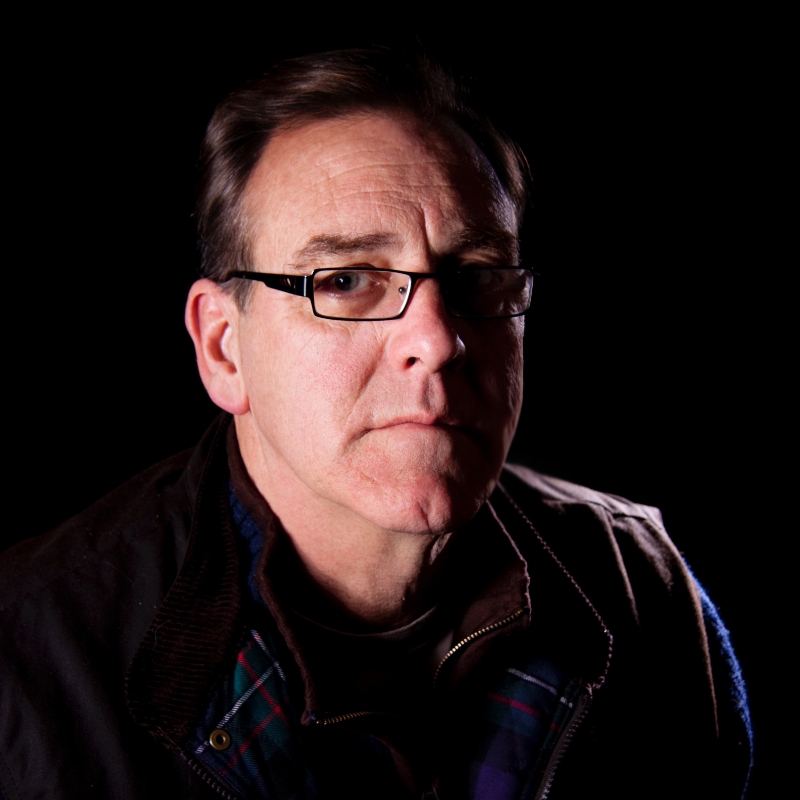In other articles, I have written about the Sir Hubert Wilkins Biography which, in fact, is a number of biographies that were written, and rewritten, by Sir Hubert Wilkins over two decades. I’ve also written about the way in which Sir Hubert Wilkins added semi-fictitious and fictitious events to his autobiography.
For this Netfield Publishing Article, I wanted to highlight the fact that Suzanne, Lady Wilkins, also wrote an autobiographical manuscript which was never published. It is not a long document, in fact it would be more suited to a lengthy magazine feature article than a book, but nevertheless it does include many interesting insights into her life with Sir Hubert Wilkins. The manuscript is dated 1951. Suzanne has written it while she and Sir Hubert Wilkins lived at their home in Montrose, Pennsylvania.
For this article, I thought I would share some extracts from this biography, which detail Suzanne’s relationship with Dame Nellie Melba, and her trip to the USA in 1922 and her life in America.
Suzanne was born Suzanne Evans at the mining town of Walhalla, Victoria, in 1894. Sometime around 1912, she moved to Melbourne to study singing at Melbourne University. In 1915, she married Oscar Bennett. In 1921, she met Dame Nellie Melba. At the time Dame Nellie Melba owned a property at Healesville, near Lilydale. The property was called Coombe, and it still exists today as a reception centre.
NOTE: A Google search of many of the names that Suzanne mentions will reveal more information about these people.
Suzanne the unpublished biography takes up the story:
Life in Melbourne could be distracting for a young singing student, but I had decided to apply myself as seriously to my work in the city because I had indulged myself in a carefree country girlhood. The university course included all phases of dramatics and music, and in due time I became proficient in the rudiments of piano and languages. It was during these gratifying student days that one of the greatest thrills of life occurred; an event that later changed the course of my destiny. A student friend, working with Madame Nellie Melba, received permission from the great Australian singer to introduce me at Lilydale for a weekend.
Madame Melba was kind enough to say that she thought I had a promising future, and recommended my giving some thought to stage experience and foreign study. She mentioned Italy. In time to come I was flattered by further invitations from Madame Melba, who taught me many invaluable things and took me into her family circle, despite the fact that I was not studying with her at her own school. Through the kindness of Hugh D. MacIntosh, I was able to appear for several months in musical revues and opera presentations. I had completed a study course with Madame Wiedemer, and when a revue I was appearing in played in Sydney, I was sent with a letter of introduction from Madame Melba to Mrs Hugh Ward. I studied with Mrs Ward during the run of the show. By now I had firmly resolved to follow Madame Melba’s original suggestion, made at that first wonderful weekend, and a year from the day I met her I was ready to leave. My passage was booked directly to Italy. I was equipped with letters of introduction for use upon arrival, when a second suggestion was made that further influenced the course of events. Hugh D. McIntosh, with a mischievous twinkle, told me the only way to see Italy was via New York, where lots of performers also went.
Suddenly, this was a tempting idea, not unthought of by any means, since Madame Melba had inspired us with first-hand accounts of her American successes. I told her of this lurking notion, expecting to be reproved for my first display of lack of seriousness. On the contrary, she thought it was an excellent idea since I’d probably reach New York eventually anyhow, if I succeeded to any degree, and advance knowledge of the conditions would be useful. I changed my passage and sailed within a week, armed with the great singer’s blessing and a white kid glove she wore during one of her concerts, to be a reminder of my purpose and a keepsake.
After an unsuccessful attempt to divorce Oscar Bennett, Suzanne sailed for America in November 1922. Passengers had to list a contact or next of kin when they sailed. Interestingly, Suzanne listed Denham (Denny) Groom of Spring Street, Sydney. Although I know almost nothing about Denny Groom, I did find a photograph of him among Suzanne’s personal records.
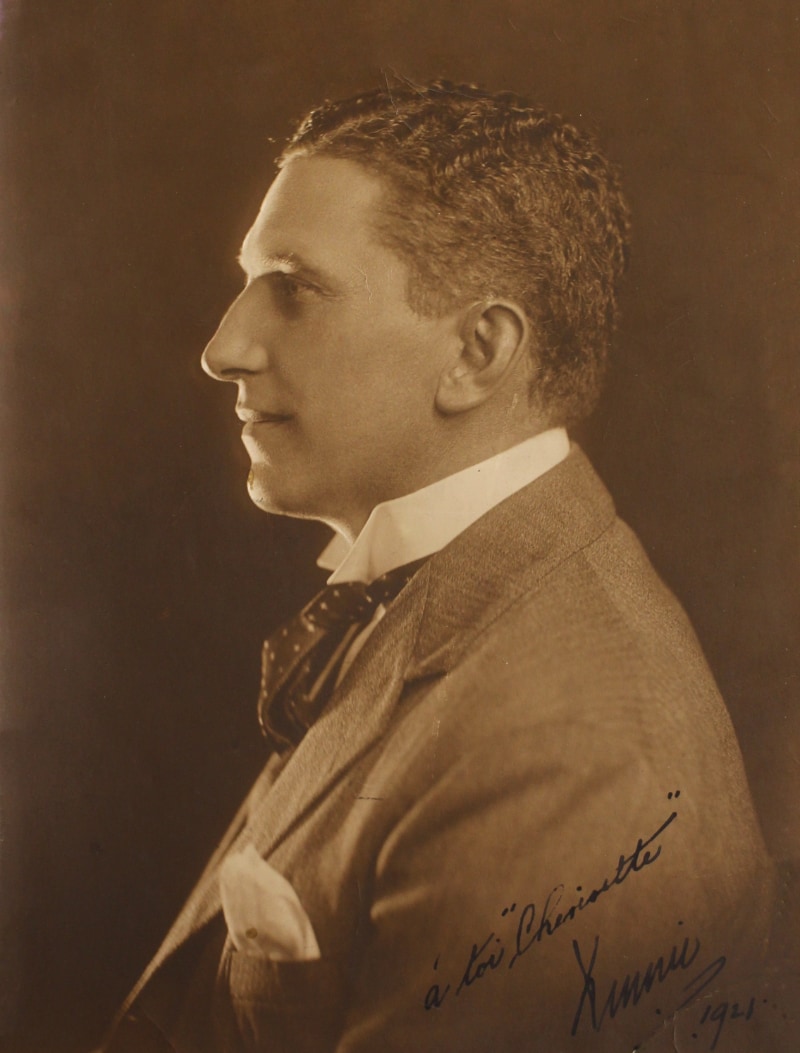
Suzanne takes up the story again about her voyage across the Pacific:
Before one of the inevitable ship’s concerts, arranged for the following evening, the committee heard they had a keen young Australian singing student aboard, and pressed me to contribute something. I was rather reluctant, but when I was assured I could sing at the beginning of the programme, before any of the dark horses might appear to show me up, I agreed to sing the aria from [Madame] Butterfly. When the time came I was so nervous that I switched from Italian to English in the middle of it, but at least saved the piece by losing no notes. I was so ashamed that I left the hall, went out on deck and hid behind a large ventilator, kicking myself several times. From a grill on the deck I could hear occasional applause filtering up with the warm air from down below. There was a lively response after the vigorous singing of a particularly good tenor and I wondered who it was. Later a man introduced himself to me as Paul Althouse, and admitted modestly he was the tenor I’d heard. When I told him how I admired his singing, his return compliment was so gracious that I nearly burst into tears. What was even worse, he complimented my singing in two languages.
As the journey progressed I became quite good friends with him and his singer friend, Arthur Middleton, who mentioned casually that it required great strength and staying power to withstand the rigorous life required of a singer.
The arrival in the strange new world held no special fears for me, as Mr Althouse and Mr Middleton had made several helpful suggestions. Nellie Leach, my charming and experienced travelling companion, saw me across the great wide-open spaces into New York, where I set up temporary housekeeping in an apartment hotel.
Another photograph found among Suzanne’s things was a picture of her (seen at the left) on the sea voyage to America.
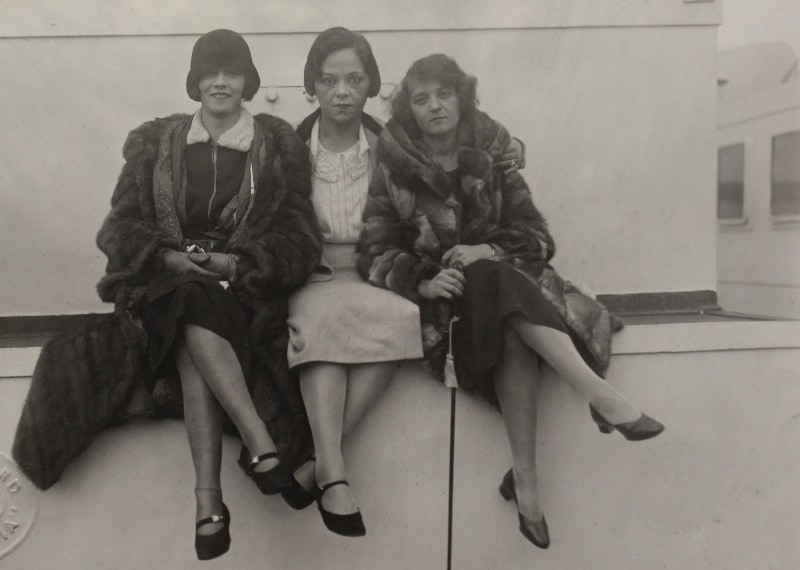
After arriving in America, Suzanne found an apartment and regular work as a singer. The building in which she lived caught fire. She escaped, but lost many of her possessions. She was then ill for six months, and lost a great deal of weight. She continues he story again:
Briefly, when I left hospital, I took stock of my assets and found the picture not very bright. With devastating suddenness, the truth of Arthur Middleton’s warning had come home to me. Great strength and staying power. The doctors, richer by half of my capital, had recommended sunny climes, and even spoke of my returning to Australia. I convalesced instead and my good fairy must have been working overtime. One day, a well dressed man with a managerial manner approached me to ask confidently but politely if I were an actress. I was thin, and asked if he thought I looked hungry as all that. He laughed and we fell into easy conversation. It transpired he was Stanley Sharp, a company manager for the Shuberts. [Note: The three Shubert Brothers owned The Shubert Organisation, a theatrical company that continues to this day. See shubert.nyc] Within two weeks I had signed a contract, was playing a small part and understudying the leading role done by Gilda Leary, an English actress. It was complete luck, they took a chance, but I was the type they needed. I never mentioned a word about singing and couldn’t have sung if I had to.
By watching Gilda Leary keenly, learning what I could from other actors, and applying my slight Australian knowledge, I was able to take over her part in Chicago when Gilda returned to England. The thought of undertaking it now would terrify me, but then it was the beginning of a career that took me through the United States and finally put my name up in lights. A lucrative career, such as I enjoyed then was difficult enough in those days, even with fifty shows running most of the time. Radio was in its infancy, and Hollywood was not yet making its great drain on Broadway talent.
Suzanne recounts various episodes from the mid-1920s. Among her possessions are many of her publicity photographs, such as the one pictured here.
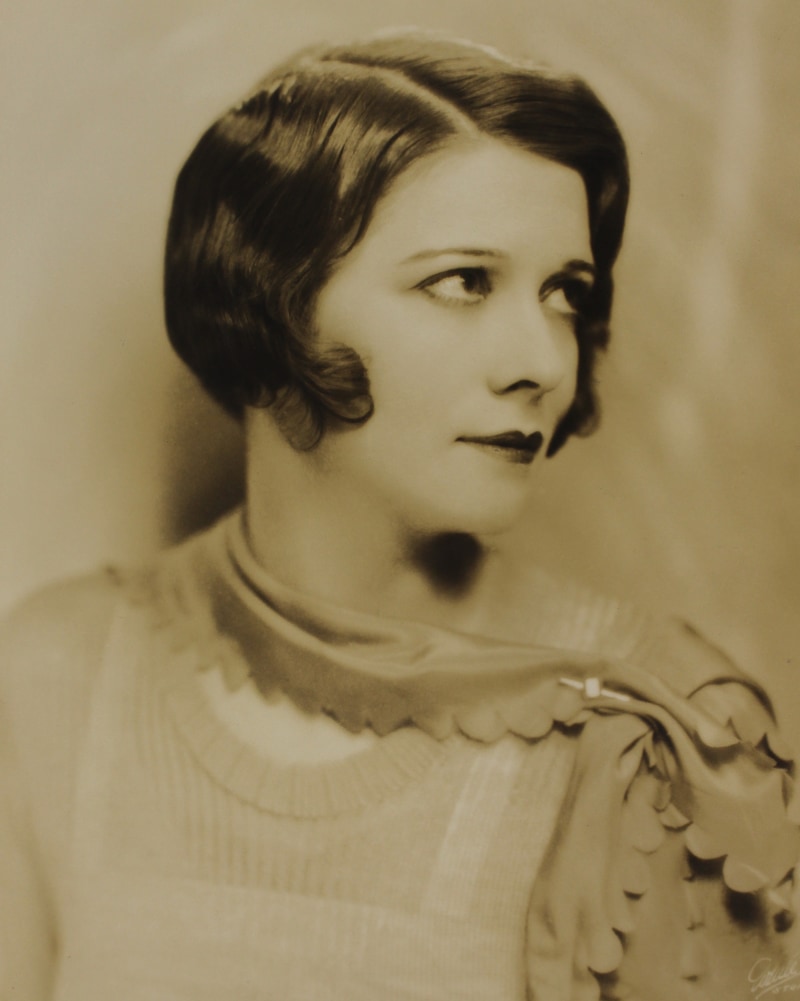
She continues, now talking about getting a leading role in the 1928 stage drama ‘Guns’.
There followed a steady flow of dramatic successes that in retrospect make present day theatre seem more hazardous than early flying. But the stock market crash was just around the corner; a fantastic era in American history was drawing to a close. With it, my theatrical highlight ‘Guns’, the play that reflected this strange and violent period; Prohibition. ‘Guns’ was to be my last Broadway show. I was ending as I had begun, in a leading role and, glory be, my name was up in lights over the marquees.
A new light came into my life during the run of this play. The City of New York had arranged a hero’s welcome for the man of the hour, Captain Wilkins, an Australian who had flown over the North Pole. I had not even heard of him. Between working hard in the theatre, and being quietly engaged to a prominent lawyer, I had little time for other considerations. But when I was asked, as a fellow countrywoman of the noted explorer, to join this reception, and being pressed to do so by my prominent lawyer, I appeared sleepily and unwillingly at 6.00 a.m. on the appointed day. By noon we had taken the flier off his ship, we were back at City Hall to meet Mayor Jimmy Walker, then off to an official lunch at the old Waldorf-Astoria.
Suzanne, Lady Wilkins does not name the ‘prominent lawyer’ to whom she was engaged. By this time, she had been granted a divorce to Oscar Bennett, but still continued to use his surname.
Having met the newly-knighted Sir Hubert Wilkins, Suzanne and he were soon a couple. She obviously broke off her engagement to the prominent lawyer, and Wilkins broke off his engagement to Lorna Maitland, as detailed in The Illustrated Sir Hubert Wilkins.

